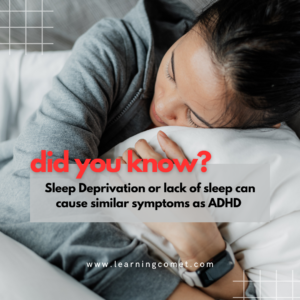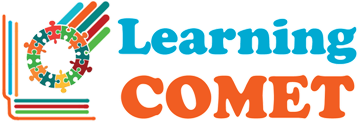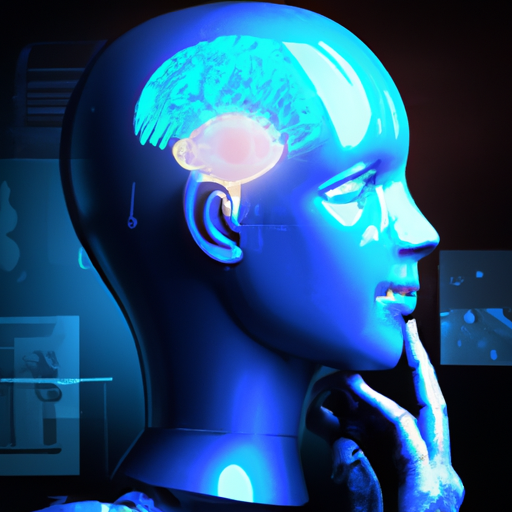
Top 10 Learning Websites for Teachers
August 24, 2015 Sleep is essential for cognitive performance, emotional control, and general health. It is a basic component of human wellbeing. However, it can be difficult for both kids and adults to obtain enough sleep at times. We will examine the parallels between sleep deprivation and ADHD symptoms in this blog post. These two disorders are different yet have overlapping characteristics and can occasionally be mistaken for one another. Having an understanding of these parallels can assist people and the people they care about in seeking appropriate support and treatments.
Sleep is essential for cognitive performance, emotional control, and general health. It is a basic component of human wellbeing. However, it can be difficult for both kids and adults to obtain enough sleep at times. We will examine the parallels between sleep deprivation and ADHD symptoms in this blog post. These two disorders are different yet have overlapping characteristics and can occasionally be mistaken for one another. Having an understanding of these parallels can assist people and the people they care about in seeking appropriate support and treatments.
Inattention and Lack of Focus: The manifestation of inattention and a lack of focus is one of the main parallels between sleep deprivation and ADHD. Similar to those with ADHD, sleep-deprived people frequently struggle to focus, keep attention, and remain awake. Both groups might struggle to finish tasks, follow directions, or maintain conversational interest, which could result in poor performance in daily duties like work and school.
Hyperactivity and Restlessness: People with ADHD frequently display hyperactivity and restlessness, which are also signs of sleep deprivation. As the body tries to deal with the weariness and make up for the lack of energy, sleep loss can result in agitation and increased physical activity.
Impulsivity: Lack of sleep and ADHD can contribute to impulsive conduct. Due to impaired judgment and decreased inhibitions, a person who is sleep deprived may make snap decisions without carefully considering the repercussions. The defining symptom of ADHD, impulsivity, causes people to act without carefully considering their choices.
Emotional Instability: People with ADHD and sleep-deprived people may develop emotional instability. Both populations frequently experience irritability, mood swings, and heightened susceptibility to stresses. Lack of sleep can make emotional difficulties worse for those with or without ADHD because sleep and emotional control are closely related.
Difficulties with Memory and Learning: Both sleep deprivation and ADHD can affect memory and learning. Sleep is essential for memory consolidation, and not getting enough sleep might make it more difficult for the brain to successfully remember information. Learning difficulties in people with ADHD can also be caused by attention problems.
Midday Fatigue: It should come as no surprise that both lack of sleep and ADHD can cause midday fatigue. Constantly being worn out and sleepy can have an impact on one's performance, alertness, and general quality of life.
Conclusion:
For an accurate diagnosis and effective therapies, it is crucial to recognize the parallels between sleep deficiency and ADHD symptoms. While the two illnesses have some characteristics in common, their underlying causes and mechanisms are different. Consult with medical experts right away for a thorough evaluation if you or a loved one exhibits persistent signs of inattention, hyperactivity, impulsivity, or emotional difficulties.
Both people with ADHD and those who are sleep deprived can benefit greatly from improving sleep hygiene and resolving sleep-related problems. A multimodal treatment strategy including behavioral therapy, medication, and support can also effectively control symptoms for persons who have been diagnosed with ADHD. To better understand and treat these issues and achieve improved general well-being and functioning, keep in mind that obtaining expert advice is the first step.
A more detailed article is also published here: There seem to be similarities between ADHD and symptoms of sleep deprivation.

